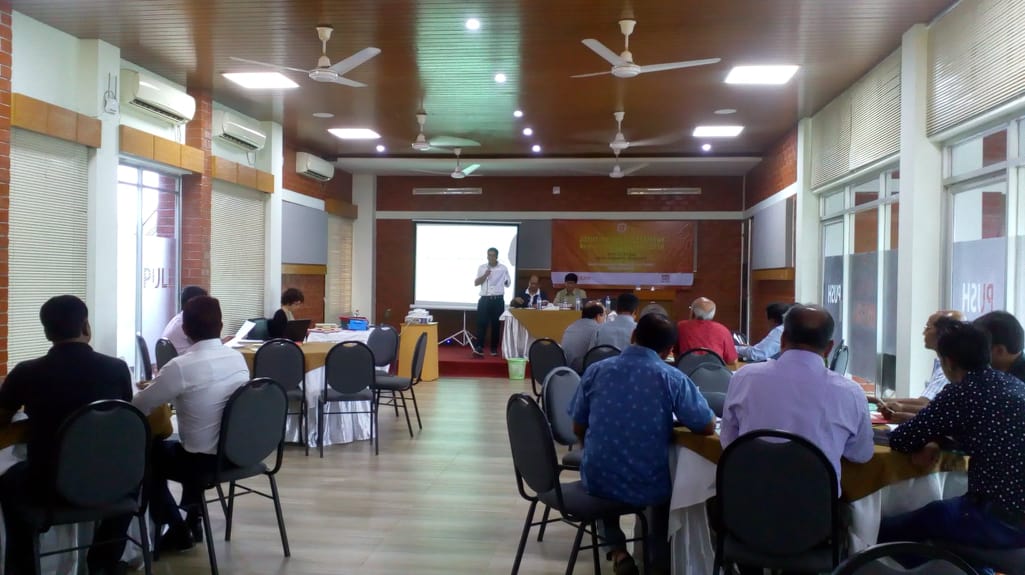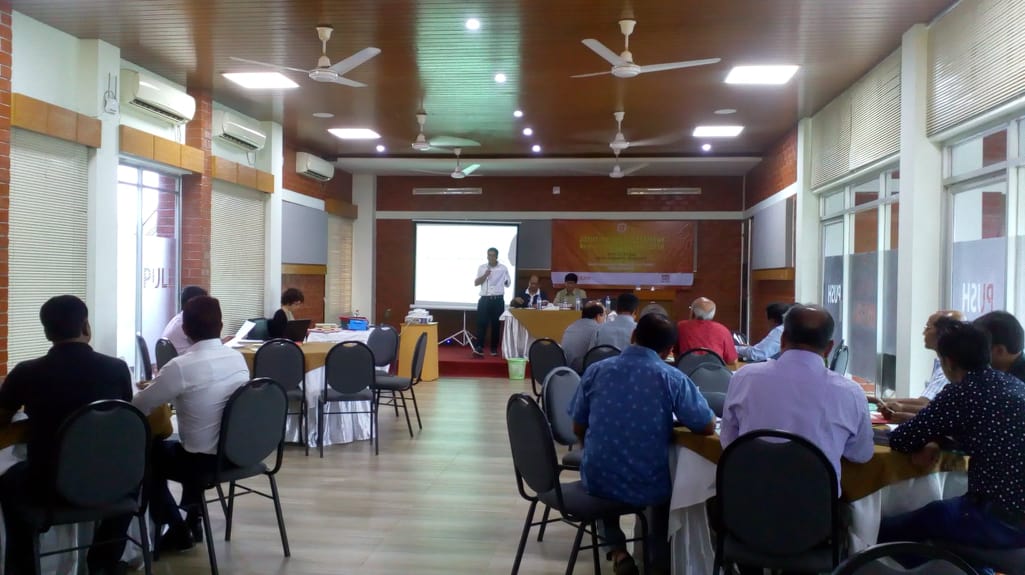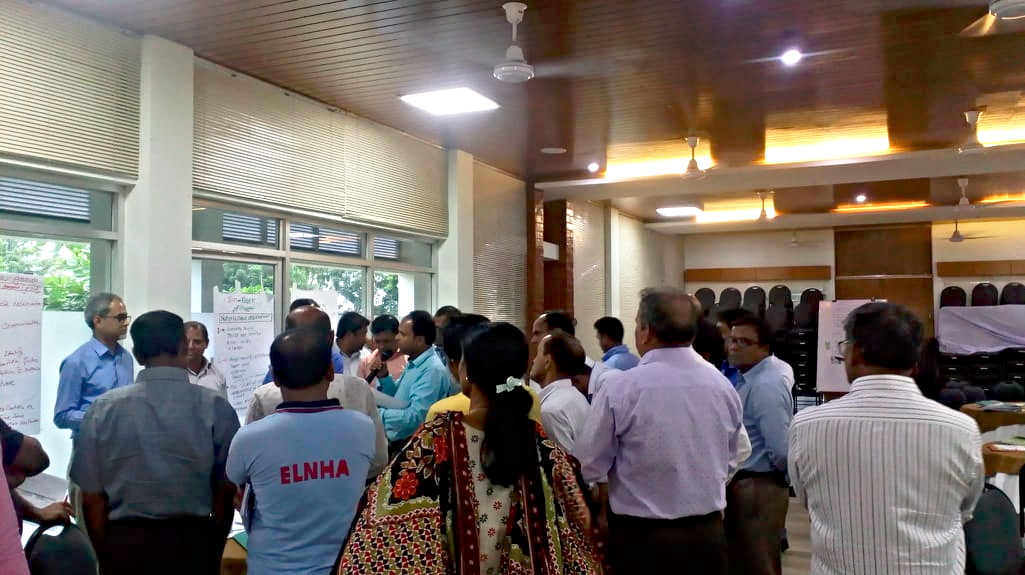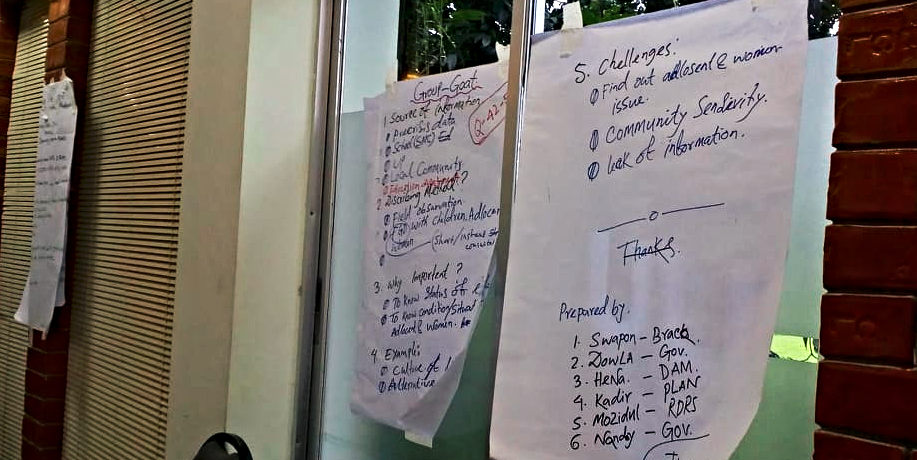
Think of a situation, where there is a sudden disaster in your locality. Most of your community is affected and only some of you are in a position to help them. You feel responsible, stressed & helpless at the same time. You wonder from where to start, who to reach out to, who is in dire need and who else have the capacity to lend a hand, eventually you are clueless!
“Every person who prepares is one less person who panics in a crisis.”[1]
For managing alarming disaster, it is necessary to stay prepared and take measures to prepare for and reduce the effects. Disaster preparedness provides a platform to design realistic and coordinated planning, and increase the overall effectiveness response efforts at scale.
Dimension of preparedness ranges from training and logistics, to health care, recovery, livelihood to institutional development etc. Joint Need Assessment is remarkable for assessing needs of any catastrophic situation that ensures immaculate coordination between agencies during emergency. So we went to Gaibandha on July22th to create that pool of human resources. We provided a regional level training on how to conduct Joint need assessment (JNA) with the coordination of Needs Assessment Working Group (NAWG) Bangladesh.
“Preparation through education is less costly than learning through tragedy”[2]
The training that we provided was aimed to orient participants regarding JNA, its background, process, advantages & importance. To relate the tools with real life  situation better, the facilitators conducted practical sessions such as, group work, role play simulation session, mobile app based online data collection which helped participants understand the idea of JNA Tools expansively. The participants proactively took part into the sessions and actively understood the implementation of the JNA Tools.
situation better, the facilitators conducted practical sessions such as, group work, role play simulation session, mobile app based online data collection which helped participants understand the idea of JNA Tools expansively. The participants proactively took part into the sessions and actively understood the implementation of the JNA Tools.
Living in a disaster prone country and working in the development sector emergency had become an annual thing for Habibullah Bahar (Executive Director-Manob Mukti Sangstha, Sirajganj).The responses were pretty impulsive. After participating in this training Habibullah says,“I want to practice the learnings from this training in to my organization. Now with much attention and confidence I will prepare my team for emergency and co-ordination once I go back and all credit goes to CARE Bangladesh”.
JNA tool was developed in 2011 to solve the problem of co-ordination in disaster. JNA is adding the Qualitative aspect of the data as a complementary to the Government’s activity, also it adds timeline limit as JNA’s first phase needs to be done within 72 hours, and itcreates an approximate scenario of the disasterwithin the mentioned time span. In this regard Kaiser Rejve the Director of Humanitarian Resilience project of CARE Bangladesh and one of the facilitators ofthe training said, “The main benefits we will get by using JNA Tools in the time of need are, we will have the chance to conduct joint analysis, use agreed tools, and we think, this will bring out better result and help us to build coordinative response”.
“Technology is unlocking the innate compassion we have for our fellow human beings”[3]
Now that our life is becoming smarter every second, how can we leave the emergency response behind? CARE Bangladesh is encouraging and orienting the field staffs to use an online platform for data collection in challenging environments named KOBO. In the Joint Needs Assessment Training KOBO Toolbox (JNA Tool) has been introduced within the participants. Kamola rani Paul, who works directly with the disaster community was (disaster focal person from Solidarity Kurigram) one of the participants of the training. She has always wondered how to grasp the needs &demands of the affected people better so that right people receive proper aid. She quoted that, “After this training, what I will administer immediately is, I will identify members of the preparedness committee who will work instantly when flood strikes in future. The formats and the comprehensive implementation of tools provided by the facilitators will be very useful. The training helped me immensely.”


Group work session undergoing within the training
Towards the end of the training, feedback session was conducted where, the participants suggested that longer training sessions for assimilating the ideas, formats and structure of the tools could prove to be more effective. As the needs Assessment Tool is digitalized now, so one of the concerns for the participants was the availability of internet in the Char region. Taking the participants feedback into consideration and commitment for further action, the training session ended on 24th July 2018.
Key words
JNA-JNA allows comparison between districts along with previous disasters, which assists to predict the magnitude of loss and damage also emergency need for intervention. The pre-crisis data creates a core foundation of knowledge in community level.JNA tool with combined coordination effort makes assessment better and transparent. It supports all stakeholders to learn and understand in the similar way & reinforces for making the assessment fruitful.
NAWG- The Needs Assessment Working Group is co-chaired by Department of Disaster Management (DDM) and CARE Bangladesh. Other humanitarian stakeholders, INGO’s, and expert donors are members of NAWG. It aims to enhance cross sector needs assessment coordination, leadership, Increases advocacy, awareness raising and resource mobilization in the area of needs assessment.Improves technical support to inter- cluster needs assessment initiatives and it works with clusters such as, food security, shelter, WASH, health etc.
KOBO- KOBO is a proficient Data platform for quickly collecting reliable information in humanitarian crisis. It is a very beneficial tool, it does not only gather data but also analyzes the data. It helps to store source of information.
[1]Attributed to Mike Adamson, British Red Cross
[2] Max Mayfield, Meteorologist
[3] Bill Gates, Founder, BMGF